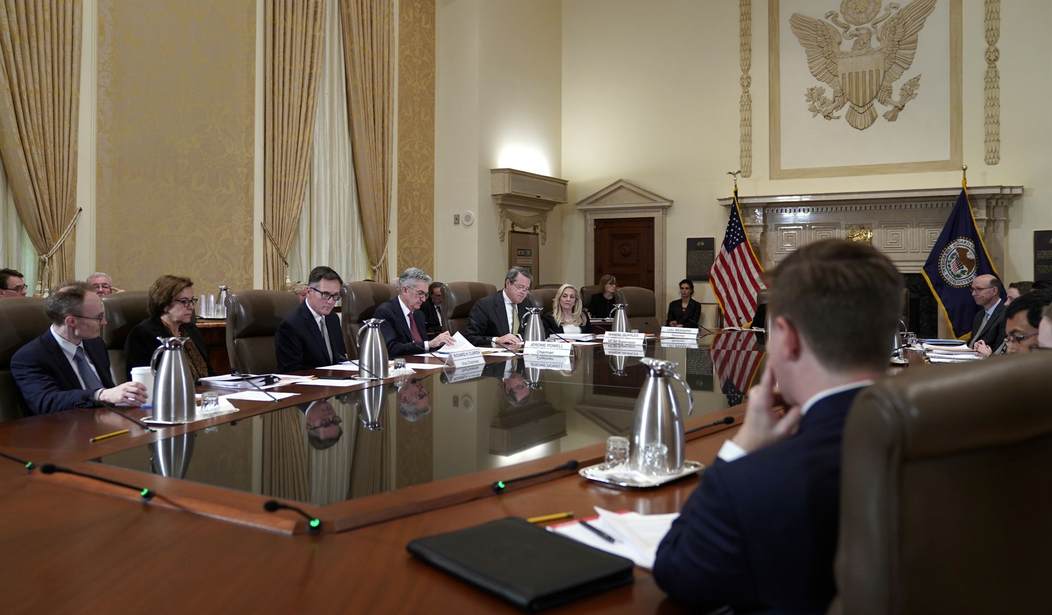Central bankers are constantly looking for ways to explain their more esoteric calculations in easy-to-understand language, so they fall back on gimmicks as they did in 2020 to explain what kind of recovery we’d experience following the COVID-19 recession.
Would it be a “V”-shaped recession with a quick fall followed by a fast rise? Or perhaps it would look like a “W” with several peaks and valleys? More ominously, would it be an “L” shaped recession that fell hard and fast and never made it back?
In the end, a “V” shaped recovery became reality. Unfortunately, the economy shot past Fed targets and ended up in an inflationary spiral, drawing the second line of the “V” ever upward and overshooting the center.
The gimmick of the day is whether the economy will have a “hard” or “soft” landing. A “soft” landing would include gently rising interest rates, a short period of higher inflation, followed by falling prices, steady growth, and rising employment.
“The soft landing is still our base case but the runway is getting shorter and narrower,” as Nuveen’s chief investment officer Anders Persson put it last month, according to Financial Times.
However, investors’ confidence in that glide path is now evaporating. At this rate, that short, narrow runway will be surrounded by shark-infested waters and beset by hurricanes. “Policymakers have lost control of the narrative so they have to act, but they would be geniuses if they can soft land this thing,” says Kit Juckes, macro strategist at Société Générale. Juckes recalls that on a recent trip to see investor clients around Europe “every single one thinks there’s going to be a hard landing”.
And Federal Reserve Chairman Jerome Powell — newly installed for a second term — isn’t trying to sugarcoat the kind of landing we’re in for.
A close focus on the Fed is appropriate of course. For all the talk of a multipolar financial system, US markets clearly dominate the global investment landscape. When investors sense that US inflation is running far beyond the Fed’s control and it will bump up interest rates even more aggressively than the market already fears, US government bonds fall hard, pulling down stocks in their wake and usually boosting the dollar too.
And the ripple effect spreads widely — witness the latest scare in eurozone government bonds that particularly punished Italy. To Juckes’ mind at least, that was in good part attributable to the gravitational pull of US bond yields, not to news specific to the eurozone or to Italy itself.
Italy is, in fact, the key to whether the eurozone causes a crash landing for everyone.
The Italians have been on the precipice for more than a decade, teetering on the edge of default. The European Central Bank has propped up Italy’s economy knowing that, if they fail, the entire “European experiment” will come to a crashing halt.
But the reality is that interest rates are going up — hard and fast — and won’t come down until inflation is licked.
The Bank for International Settlements — the central bank for central banks — is clear that policymakers must be resolute. “Transitioning back from a high-inflation regime can be very costly once it becomes entrenched. All this puts a premium on a timely and firm response,” the BIS said in an examination of inflation pressures released as part of its annual report.
“Central banks fully understand that the long-term benefits far outweigh any short-term costs,” it added. “And that credibility is too precious an asset to be put at risk.”
Once before, a central banker stood steadfastly as interest rates went higher and higher. Paul Volker was an unlikely hero in the late 1970s and early 80s when he continued to jack-up interest rates to unbearable levels — nearly 20% on some short-term rates.
At one point, unemployment was at 11%, and politicians were screaming for relief. It would have been easy for Volker to give in to the pressure. That he stood firm and eventually rung inflation out of the economy is a testament to his belief that what he was doing was right.
Does Chairman Powell have a similar sense of mission?










